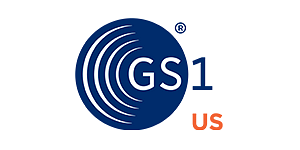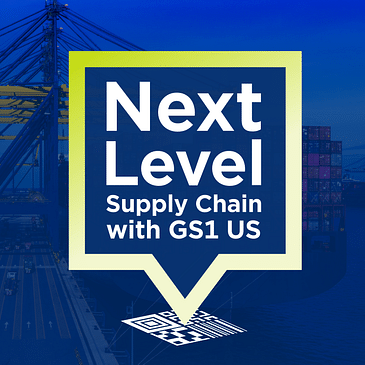What started as a college project has now become a pantry staple sold in over 5,000 stores.
In this episode, Matt Pittaluga, Co-Founder of Hank Sauce, joins hosts Reid Jackson and Liz Sertl to share how a homemade hot sauce grew into a beloved national brand.
Matt explains how traceability and consistency have been key to scaling the business while keeping product quality high. Through detailed product codes and a robust production database, Hank Sauce tracks every ingredient from batch creation to store shelves, ensuring full transparency and control.
This meticulous approach to data and process has fueled Hank Sauce’s growth from a local favorite to a nationwide success.
In this episode, you’ll learn:
- How Hank Sauce scaled its distribution to national retailers
- The importance of traceability in ensuring food safety and product quality
- Strategies for building networks to expand brand reach
Jump into the conversation:
(00:00) Introducing Next Level Supply Chain
(01:34) The Hank Sauce story
(06:38) Grassroots marketing and early sales strategies
(10:09) Scaling up distribution to large retailers
(13:22) The importance of traceability and food safety
(16:11) Building a brand with a limited marketing budget
(19:21) Advice for new entrepreneurs
(26:30) Matt Pittaluga’s favorite tech
Connect with GS1 US:
Our website - www.gs1us.org
Connect with the guest:
Matt Pittaluga on LinkedIn



